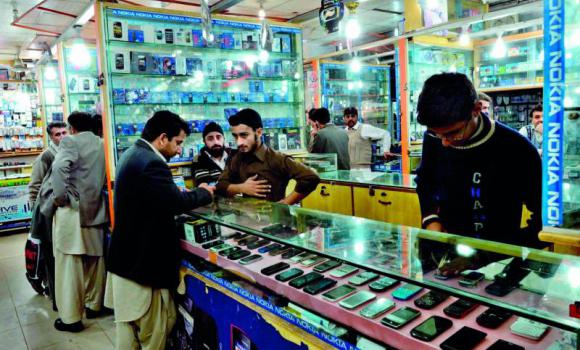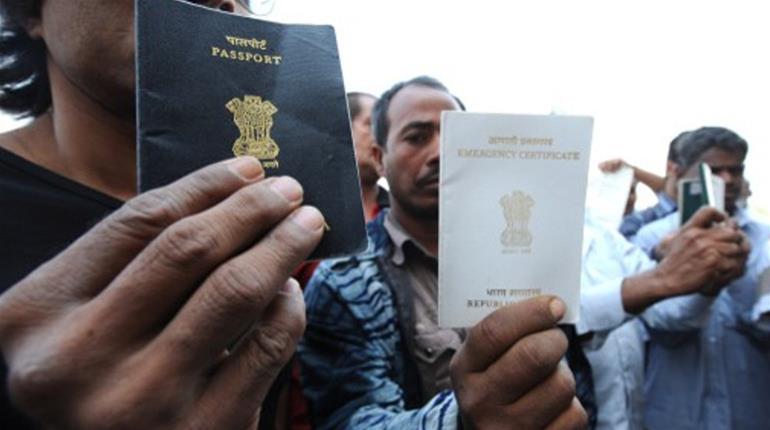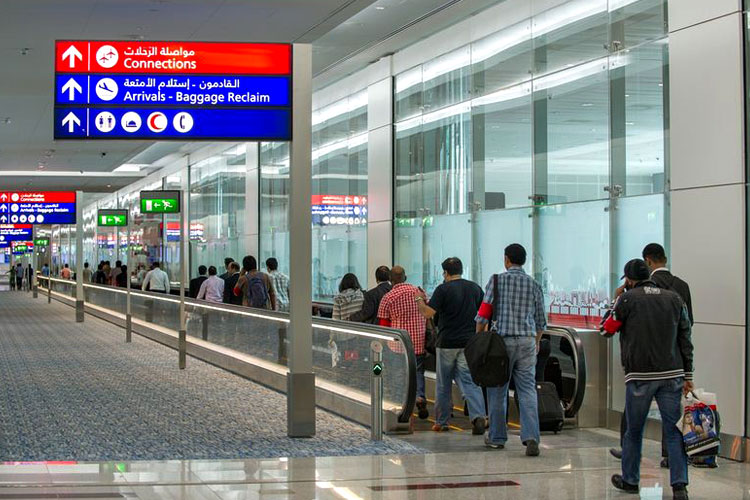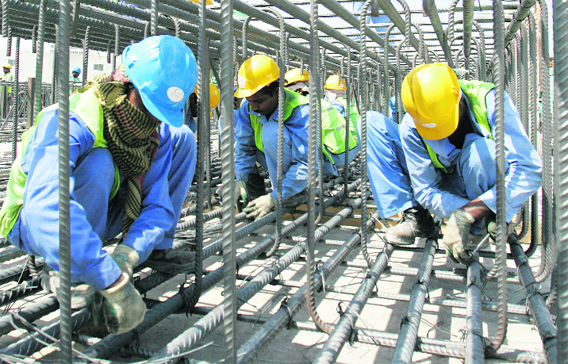In a fresh directive, Saudi Arabia is to prevent expatriates from working in shopping malls. Only locals would be employed in order to check rising unemployment.
 In a move that is likely to hit many Indians workers, Saudi Arabia has initiated steps to prevent expatriates from working in malls.
In a move that is likely to hit many Indians workers, Saudi Arabia has initiated steps to prevent expatriates from working in malls.
The move is one more step to create more job opportunities for locals.
The decision has come in the light of latest report that shows unemployment rate of Saudi nationals rising to 12.3% in the first quarter, which was 11.5% a year ago.
The government is to yet decide on when to implement the new change, but it will surely make almost 35000 expatriates jobless.
Also Read: New Driving License Rules to Affect Expat Community in UAE
According to Saudi Press Agency, the decision will be implemented only after reviewing the market conditions. Labour ministry spokesman Khaled Aba Al Khail told the media that the move is expected to generate about 35000 jobs for locals and the companies will be given sufficient time to deal with the foreign labour contracts.
Due to nationalization process since 2013, approximately 1.6 lakh Indians lost their jobs in Saudi Arabia.
Moves to enhance Saudization started in 1980s
The call for nationalization and its process is not new in Saudi Arabia. In the second half of 1980s, the government took the first serious steps to replace expatriates with nationals to curb unemployment rate. But the success was marginal even after tightening immigration process and deporting undocumented foreign workers.
1n 2003, the government ordered companies with 20 or more employees to provide 30% jobs to locals. But as Saudis were not fully equipped to handle certain job categories, negotiations were held between government leaders and business executives. As a result Saudization targets in some work sectors were reduced from 30% to 10%.
Nitaqat
In 2011, the government announced another programme called Nitaqat to further enhance the employment of nationals by providing them at least 10 % job in private sector. It also made it mandatory to regularize the visa status of all foreigners. (Earlier expatriates were allowed to work under any sponsor irrespective of their profession and sponsor stated in work permit).
Small businesses like groceries, cafeterias, who could not afford to employ Saudis, were badly affected by Nitaqat. More than 1.4 lakh Indians lost job between April and November 2013.
Also Read: Indians top the suicide list of Oman
More than two lakh companies that failed to meet the conditions set within the Nitaqat nationalization program closed down during 2014. Nitaqat also categorized private companies into four zones or ranges according to the percentage at which Saudis are employed in it. Companies that employed 40% Saudi staff were rated Premium, 12 to 39% Green, 5 to 11 % Yellow category and 4 to 6 % Red.
Rapid visa services are available only to the Premium companies. They can recruit employees from the Red and Yellow category companies and transfer their visas without their employer’s permission. All these regulations forced scores of expatriates to close down their businesses also.
Saudization of Mobile Shops affected Indians badly
Furthermore, last year the Saudi government implemented 100 % nationalization in companies and shops that sell and maintain telecommunication equipment. Indians were the most affected as they were running thousands of such shops in different parts of Saudi. The government also fixed 4000 Saudi Riyal as the minimum salary for Saudis, which was unaffordable for most shop owners. It stirred another flow of expatriate community to homeland then.
News Time Now View
India should utilize the expertise of expatriates
Considering the financial status and business performance of the Gulf Countries, we can expect more NRIs to fly back home. The government of India should take farsighted steps to rehabilitate them suitably. The main advantage of expatriates is that they are exposed to a much developed work culture and atmosphere. If they are provided with opportunities, it would be helpful for them and useful for the nation as well.
Employment situation is much better now in India due to the announcement of programmes like Make in India. But many banks are allegedly rejecting loans even for genuine plans submitted for starting business, especially of expatriates.
If steps are taken by the government to curtail such irresponsible acts of banks, expatriates can find more job opportunities in India.
Also Read: Indians should not carry these things to U.A.E, Violators face strict penalties



















































